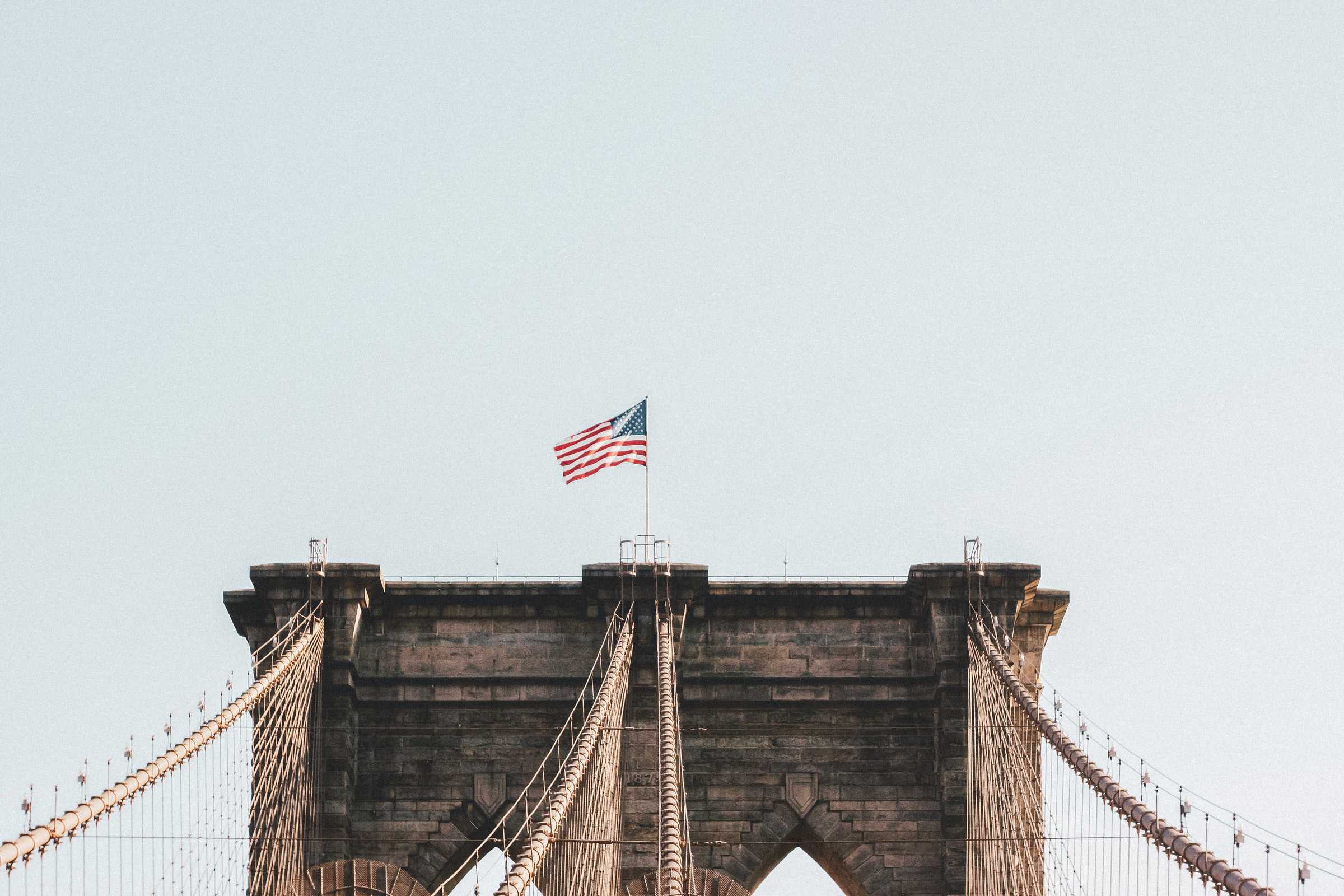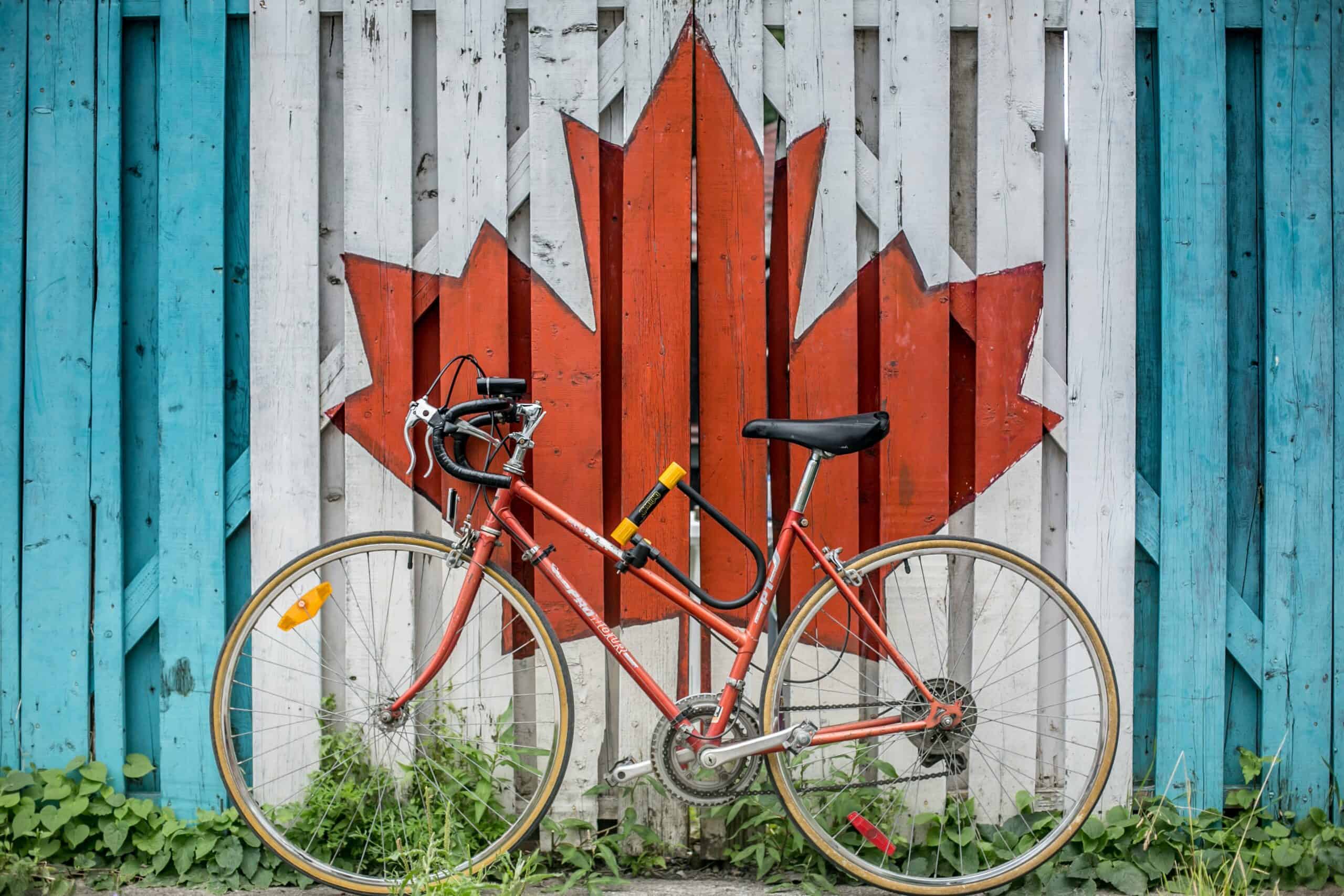
The CBD industry is thriving. For starters, the growing concerns over prescription pain medications have led more people to seek alternatives.
The industry has also grown because of increased public awareness about how effective CBD is and how many health benefits it may offer.
However, laws have not always kept up with public opinions. How do you know which countries will allow your CBD oil and which will not?
As it turns out, there are complex laws about CBD within each country and unique laws about traveling with CBD, as well.
Table of Contents
CBD Laws in the United States
CBD laws in the US are complicated because of how the country operates: there’s a nationwide federal government in addition to governments for each state.
Federal law in the US permits CBD products if the CBD is derived from hemp.
According to the 2018 Farm Bill, this means the CBD must come from a particular strain of the cannabis plant. It must also contain no more than 0.3% THC.
If a product meets those requirements, it is legal everywhere in the US.
What about CBD products that contain higher levels of THC, though? These products are legal in some states but not others.
In some states, higher concentrations of THC may be legal but only for people over a set age, like 18 or 21 years old.
No matter where you’re going in the US, it’s important to find out about the state’s CBD and THC laws in advance.

CBD Laws in Other Countries
Canada
Canada has looser CBD laws than the US does.
In fact, not only is CBD legal everywhere in Canada but so are other cannabis products, including marijuana for medical and recreational use.
Interestingly, Canadian law doesn’t distinguish between CBD products with low THC rates and other cannabis products the way the US does.
As a result, non-psychoactive CBD oil is subject to the same laws and limits as your garden-variety marijuana.
There is one similarity between Canada and the U.S., though. Like the US states, Canada’s provinces have each set specific regulations for cannabis.
One factor to watch is the age limits.
In Alberta and Quebec, you must be 18 years old or older to buy CBD and other cannabis products. In all other provinces, the requirement is 19 years of age.
There are also limits to the amount of cannabis you can possess at any given time. This can vary from situation to situation.
For example, in all provinces, you cannot have more than 30 grams of cannabis in public. However, Saskatchewan and Yukon don’t allow more than 30 grams in your home, either.
Quebec has placed a limit of 150 grams allowable in private homes, while the limit is 1000 grams in British Columbia.
All other provinces place no limit on the amount of cannabis you can keep at home.
The ultimate lesson is this: find out the details of your province and any province you plan to visit.
United Kingdom
The UK has a similar law to the federal cannabis laws in the US.
CBD products are legal if the CBD is derived from an approved strain of hemp and if it contains less than 0.2% THC.
There is another interesting regulation in progress, though.
The UK’s Food Standards Agency recently declared CBD to be a “novel food,” which means the FSA will regulate it for quality and safety standards.
As a result, all CBD products need to apply for authorization from the FSA.
The current deadline is March 31st, 2021, and when this deadline arrives, any CBD products without authorization will be taken off the shelves.
Mexico
Mexico has similar CBD laws to their Northern neighbors, though they offer a bit more leeway.
In Mexico, CBD oil and other CBD products are legal if they contain less than 1% THC.
These products are available over the counter and legal for anyone to buy and use.
In fact, you can find them in many retail stores across the country, in addition to ordering them online.
China
China has more strict laws about CBD than most other large countries.
To date, China only permits CBD cosmetics to be sold. This means that ingestible forms of CBD, like capsules, oils, and edibles, aren’t legal in China.
China does classify hemp and marijuana plants differently by specifying that hemp plants are those that contain less than 0.3% THC, which is a similar classification to most other companies.
However, even hemp-derived CBD is still only legal in cosmetic, topical products.
Germany
In Germany, as in many countries, the legality of CBD comes down to its THC level.
CBD products with 0.2% THC or less are legal for anyone to buy over the counter at retail stores or online.
Products with higher THC concentrations are also legal, but only with a doctor’s prescription.
There’s another catch to keep in mind: in Germany, edibles and gummies containing CBD fall under the classification of a “novel food” in the European Union.
Companies need to apply for and receive a special authorization to sell CBD edibles. As a result, you won’t find CBD edibles in Germany.
Know the Rules
CBD products can offer excellent ways to relieve stress, ease pain, and enjoy a number of other popular benefits.
If you find yourself in jail because of them, though, all that stress relief is undone.
Any time you travel, it’s important to learn the laws about CBD within your destination as well as the laws about traveling back and forth.
The details above can help you stay safe and stay legal while enjoying all the CBD benefits you love.
_____
This story is brought to you in partnership with Colorado Botanicals.
Planning a trip? Go Backpacking recommends:
- G Adventures for small group tours.
- Hostelworld for booking hostels.
